Federal report suggests Gulf oil spill beach cleanup is about over
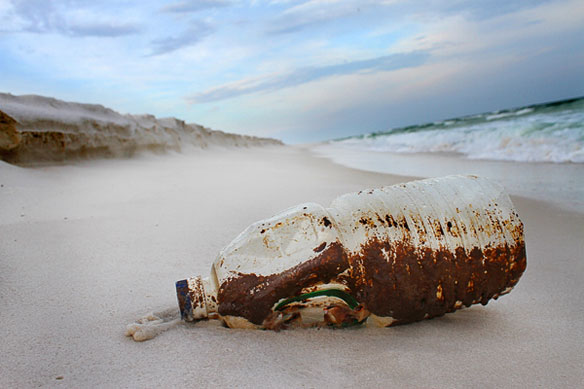
Federal officials released a report Friday that suggests cleanup operations have removed as much oil as is practical from most shorelines in Alabama, Mississippi, Florida and Louisiana. “Environmental impacts of remnant oil found on or near beaches after cleanup operations are relatively minor,” reads the report. At least one researcher questioned the Coast Guard’s report.
Biologists Cite Need for Critical Data to Determine Ecological Consequences
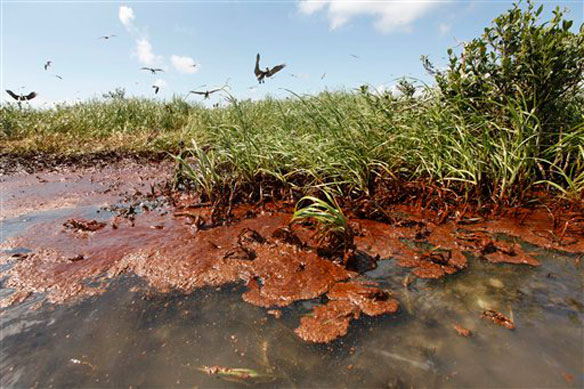
Twenty years after biologists attempted to determine the ecological damages to marine life from the Exxon Valdez oil spill, scientists dealing with the BP disaster find themselves with the same problem: the lack of critical data to determine the ecological consequences of human-induced environmental disasters.
First Study of Dispersants in Gulf Spill Suggests a Prolonged Deepwater Fate
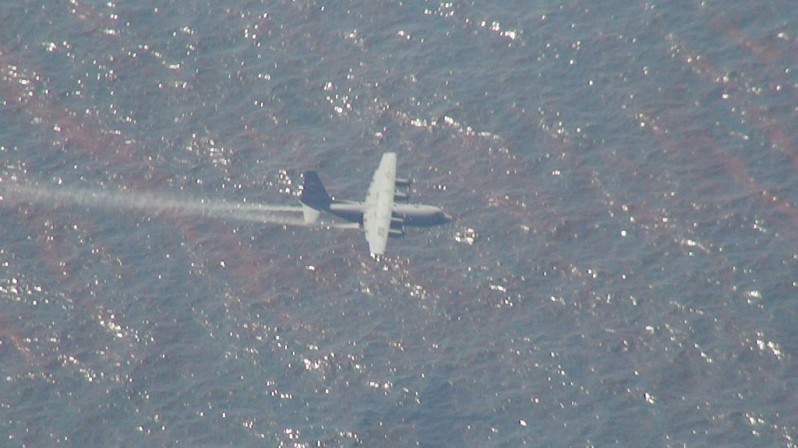
To combat last year’s Deepwater Horizon oil spill, nearly 800,000 gallons of chemical dispersant were injected directly into the oil and gas flow coming out of the wellhead. Scientists begin to assess and to raise questions about what impact the deep-water residue of oil and dispersant, might have had on environment and marine life in the Gulf.
Oyster bed restoration among first since oil spill
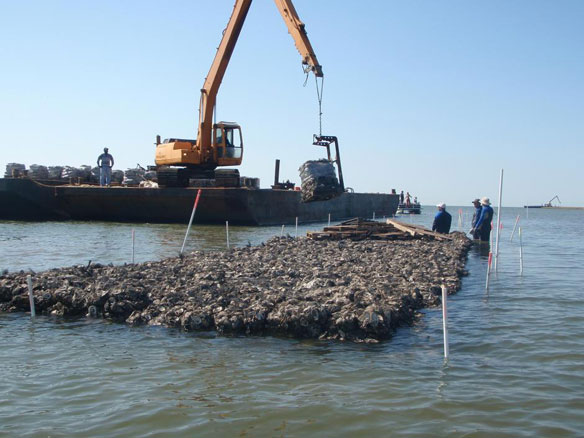
It’s one of the first coastal restoration projects since the oil spill sent thick crude washing into estuaries and onto beaches.
Some Oil Spill Test Results: Louisiana Residents and Ecosystem
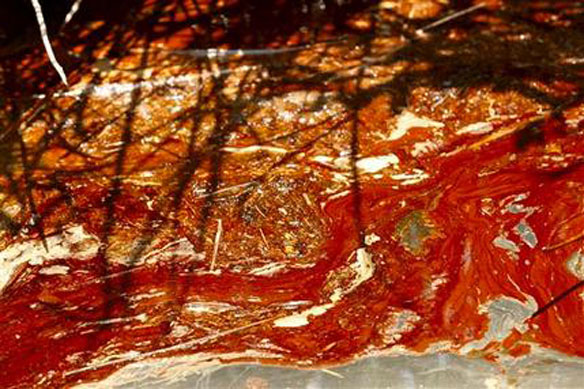
Samples of blood were collected on December 16, 2010, from individuals who came in contact with the BP spill chemicals, who visited the coastal communities and wetlands, documenting the impacts of the BP spill, and individuals exposed along the beaches. A report from the Louisiana Environmental Action Network (LEAN).
Bound By Oil, Stories From The Gulf, NRDC
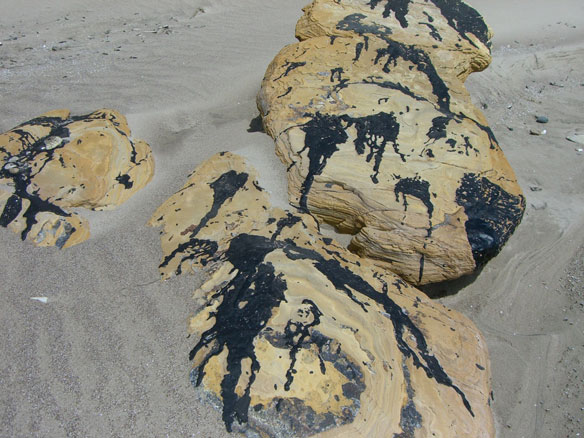
As members of the Atakapa-Ishak Nation, they have thrived along the lush marshes and canals of Mississippi River delta, surviving on the fertile coastal environment that sustains and nurtures their lifestyle. Then the BP oil disaster struck last summer, and things have never been the same. Bound by oil, they now travel toward the future, not knowing what will come next, but sadly secure that they don’t go alone.
Presidential Panel: Tougher Rules Urged for Offshore Drilling

Releasing its final report, the presidential panel investigating the 2010 oil spill in the Gulf of Mexico, found that the Deepwater Horizon explosion and subsequent oil spill arose from a preventable series of corporate and regulatory failures. New regulations for offshore oil operations are recommended.
Scope and Pace of Gulf Cleanup Is Criticized

Tar balls are still washing up on beaches. Visible sheen is still showing up in certain places in the wake of motorboats. Oil is being washed out of some areas, where it was buried, only to show up someplace else.
Methane Gas Concentrations in Gulf of Mexico Quickly Surprises Scientists
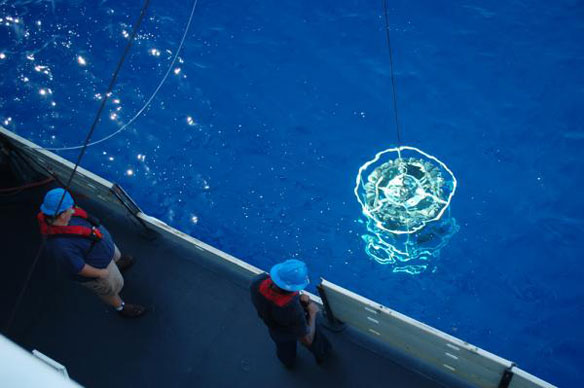
Calling the results “extremely surprising,” researchers from UCSB and Texas A&M University report that methane gas concentrations in the Gulf of Mexico have returned to near normal levelsonly months after a massive release occurred following the Deepwater Horizon oil rig explosion.
